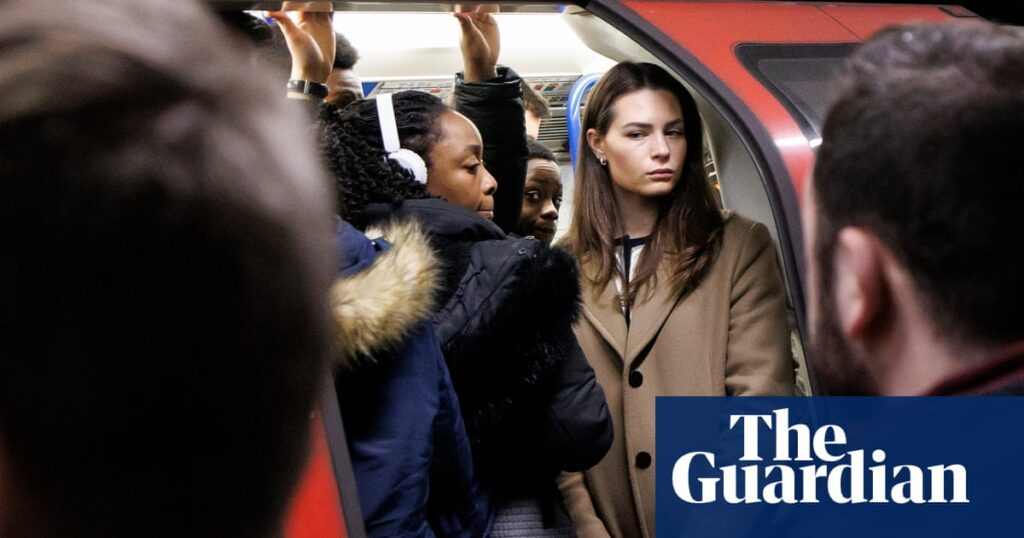The Transport for London (TFL) has launched a campaign targeting loud music and video playback on public transport, aimed at those referred to as “Headphone Dodgers.” The campaign is supported by posters on services like the Elizabeth Line, reminding people that TFL Bylaws prohibit playing music or singing without a license. Opinions on the campaign vary; some believe it’s overdue, citing a decline in social courtesy since the pandemic, while others are skeptical about its implementation and effectiveness.
Tom, a lecturer from Leeds, emphasizes the need for a reciprocal relationship: the public should respect communal spaces, and the state should invest in quality transport. Michael, an autistic individual, shares his struggle with noise, highlighting the inadequacy of noise-cancelling headphones in dealing with loud music.
Chris, a paralegal, questions the feasibility of effective regulation, suggesting no one is willing to fund the necessary enforcement. Stephanie, a career coach, argues that issues like antisocial behavior in transport are ignored, claiming passengers should simply tolerate such disturbances.
John, a retired Londoner, points out TFL’s own role in noise pollution through excessive announcements. Shell, a singer from Cardiff, notes that loud sounds can create stressful environments, particularly for those with hearing impairments.
Jane, a research scientist, finds the campaign potentially ineffective without proper enforcement, while Remy, a humanitarian worker, feels it needs to be more stringent, criticizing the casual attitude towards noise on public transport. Overall, there is a consensus on the need for a cultural shift regarding noise etiquette in public spaces.
Source link


